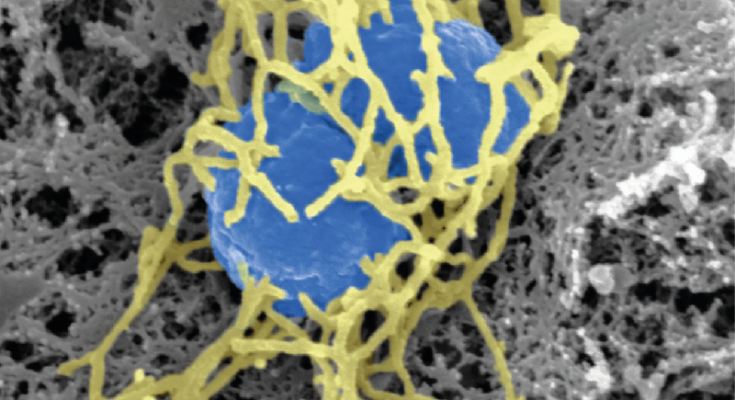Toronto/CMEDIA: An increase in invasive meningococcal disease (IMD) cases has been reported by Toronto Public Health (TPH). with 13 of which two have been fatal.
The number of new cases reported are 13 — of which 2 fatal — higher than total cases seen in any year since 2002.
A potentially life-threatening bacterial infection, IMD can progress suddenly with several countries, including the United States, reporting increases in cases of IMD this year.
Occurring among both those who have and have not travelled outside of Canada, IMD can affect people of any age, but most common in children under five years old, teens and young adults not vaccinated against the disease.
Since there are more chances of outbreaks occurring during mass gatherings as well as during travel, TPH is recommending travellers to ensure they are protected with meningococcal vaccination.
Meningococcal vaccination are also also included for those travelling to Hajj – an annual pilgrimage from June 14 to 19, drawing approximately two million people to Mecca, Saudi Arabia.
Vaccination for individuals participating in local and international Pride events is also recommended.
Keeping up to date with vaccines is recommended for the best protection against IMD.
A publicly funded immunization is accessible to adults between 18 and 36 years old who have not received a meningococcal vaccine and they are recommended to contact their health care provider to receive a meningococcal vaccine as soon as possible.
It should be ensured by parents, guardians and caregivers that children are vaccinated against IMD, which is typically given at 12 months and in grade seven and is required under Ontario’s Immunization of School Pupils Act (ISPA).
TPH vaccination clinic offers free vaccinations to students who have missed the vaccine by booking appointments at TPHbookings.ca.
Invasive meningococcal disease
Caused by the bacteria Neisseria meningitidis, illnesses due to IMD are often severe including infections in the lining of the brain and spinal cord (meningitis) and bloodstream and can also be deadly.
Spread of meningococcal bacteria to other people can be done by sharing respiratory and throat secretions (saliva or spit). generally due to close or prolonged contact to spread these bacteria.
Symptoms typically begin with fever, aches, joint pain, headache, stiff neck, increased sensitivity to light.
Those experiencing these symptoms, should immediately seek medical attention.
Visit toronto.ca/meningococcal for more information.





